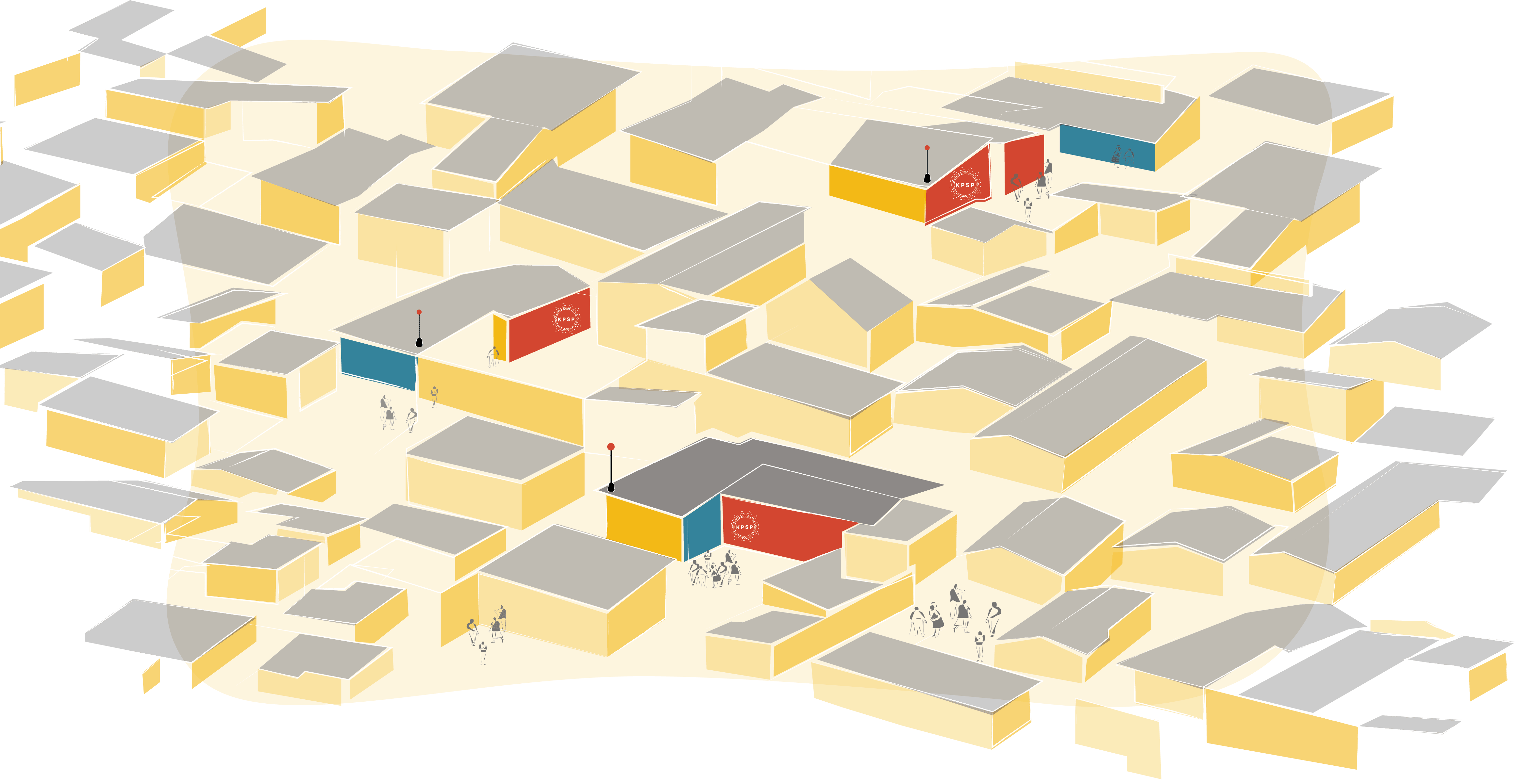Principal Investigator:
Sarah Williams, Associate Professor, Department of Urban Studies and Planning
Co-Principal Investigator:
Gabriella Carolini, Associate Professor, Department of Urban Studies and Planning
Location:
Nairobi, Kenya
To bridge this gap, this research developed local partnerships and connected with government and policy experts to create a community-owned and managed wireless data hub in Kibera; stimulate economic, educational, and social growth amongst community-based users of the network; and assess the possibility of scaling up the LDH model to drastically expand internet access and community-driven data collection across other data-scarce African cities.
Key outcomes included the installation of data sensors and four internet access points across Kibera; improvement in conditions of public spaces, community solidarity, and financial opportunity; ongoing data collection and analysis coordinated by and through users of the Kibera LDH network; confirmation of scalability of the LDH prototype; and a comprehensive guidebook that instructs on the deployment of future hubs.
Principal Investigator:
Sarah Williams, Associate Professor, Department of Urban Studies and Planning
Co-Principal Investigator:
Gabriella Carolini, Associate Professor, Department of Urban Studies and Planning
Location:
Nairobi, Kenya
